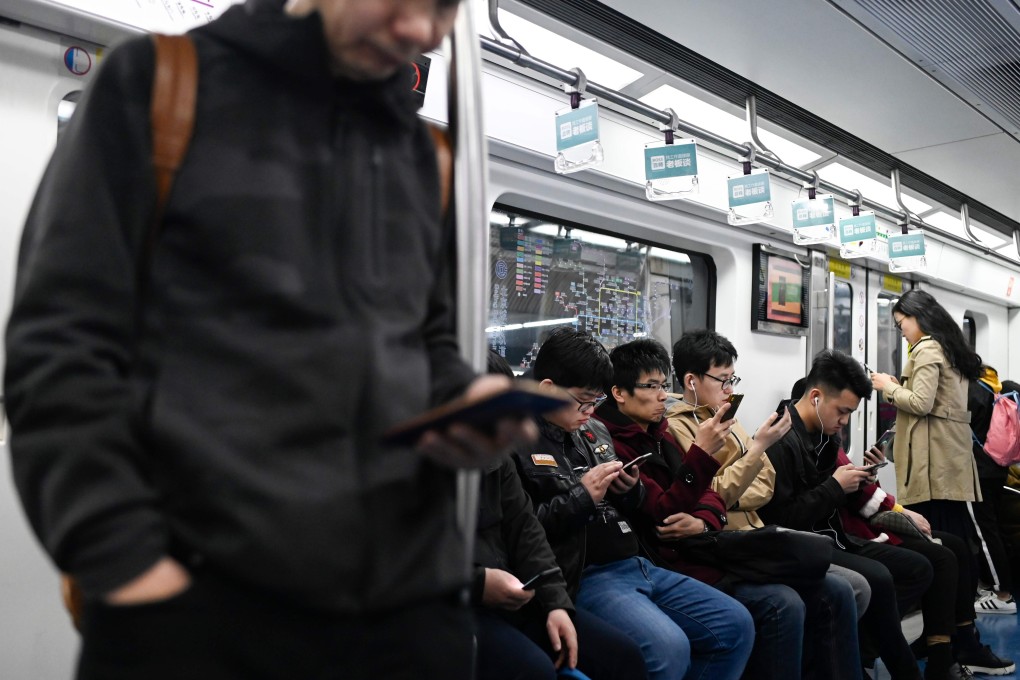China updates rules on real-name registration online in crackdown on schemes to revive banned user accounts
- The Cyberspace Administration of China has proposed updating regulations on how users of domestic online platforms identify themselves
- This was designed to prevent owners of banned social media accounts from registering under a similar name on another platform

It was designed to prevent owners of banned social media accounts from registering under a similar name on another platform. While China’s internet is heavily censored, owners of banned accounts have often resorted to registering new accounts, either on the same platform or another, by using names that are identical to the previous moniker they used.
The CAC’s draft proposal directs internet platform operators to prohibit any re-registration of accounts that were previously closed for violating laws and regulations. These firms should also bar the holders of censored accounts from registering on another platform.

09:40
Tightened regulations among key trends shaping China’s internet in 2021
“This rule [update] was mentioned in earlier campaigns,” said Wang Sixin, a law professor at Beijing’s Communication University of China (CUC). “This time it was put forward in the form of a normative document, which means it will become a routine operational requirement for all internet platforms.”